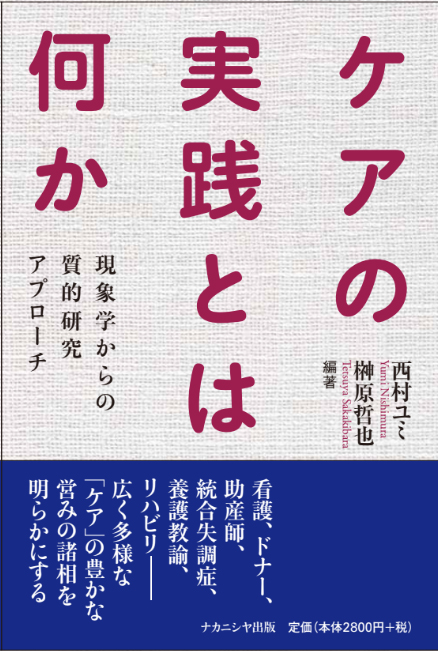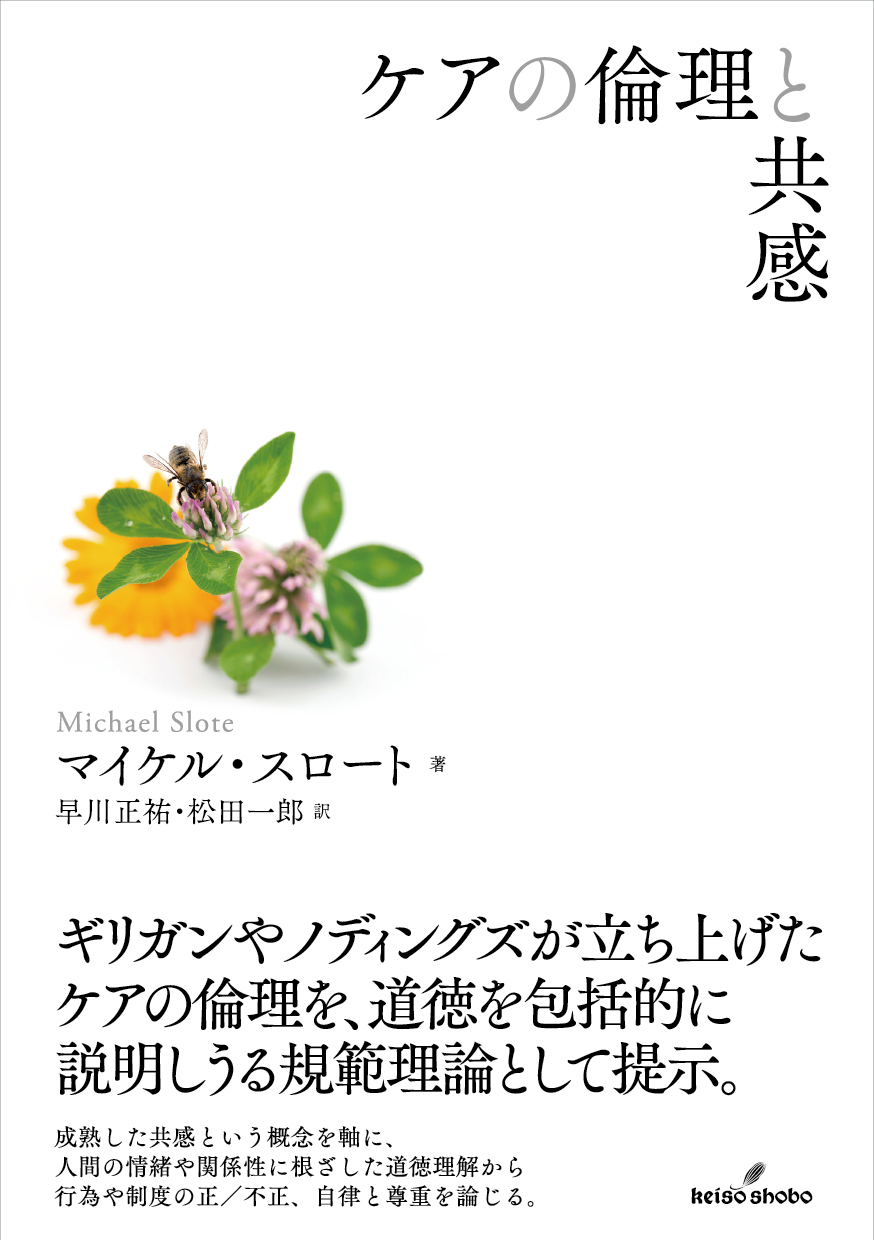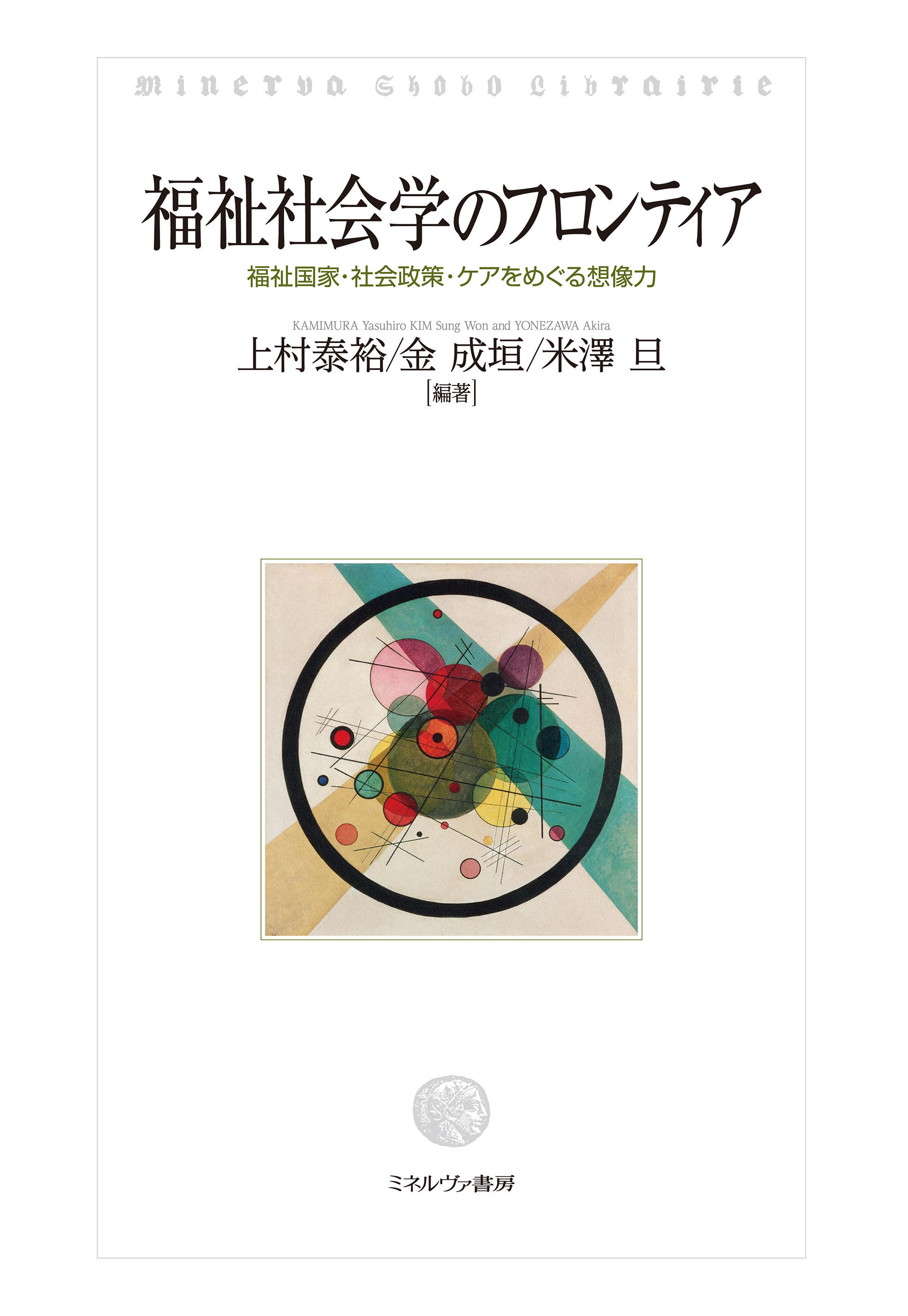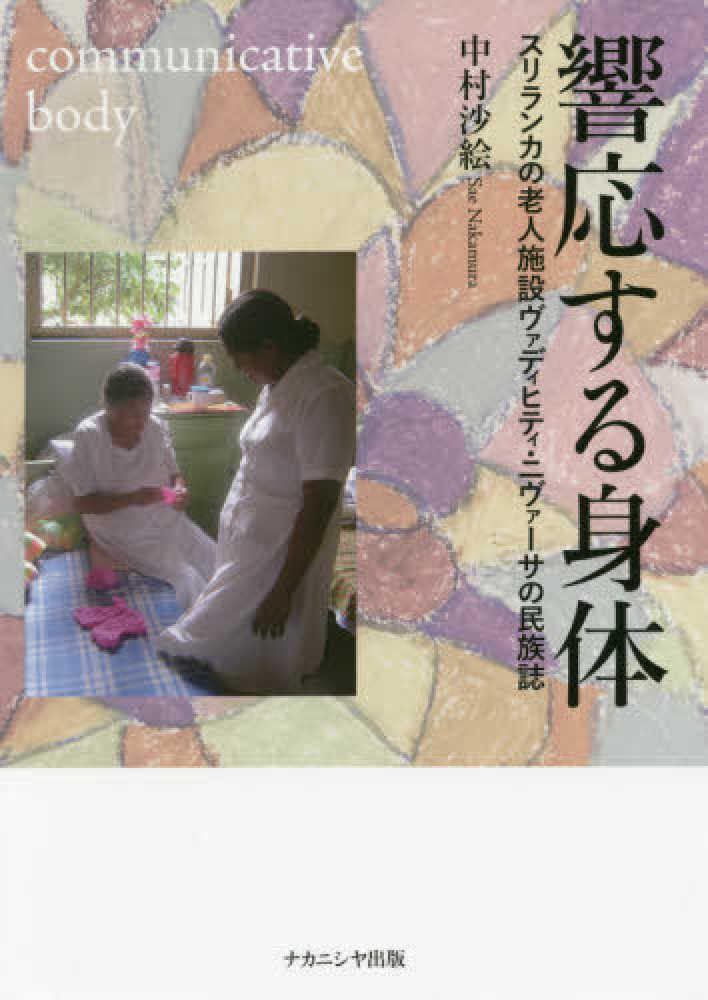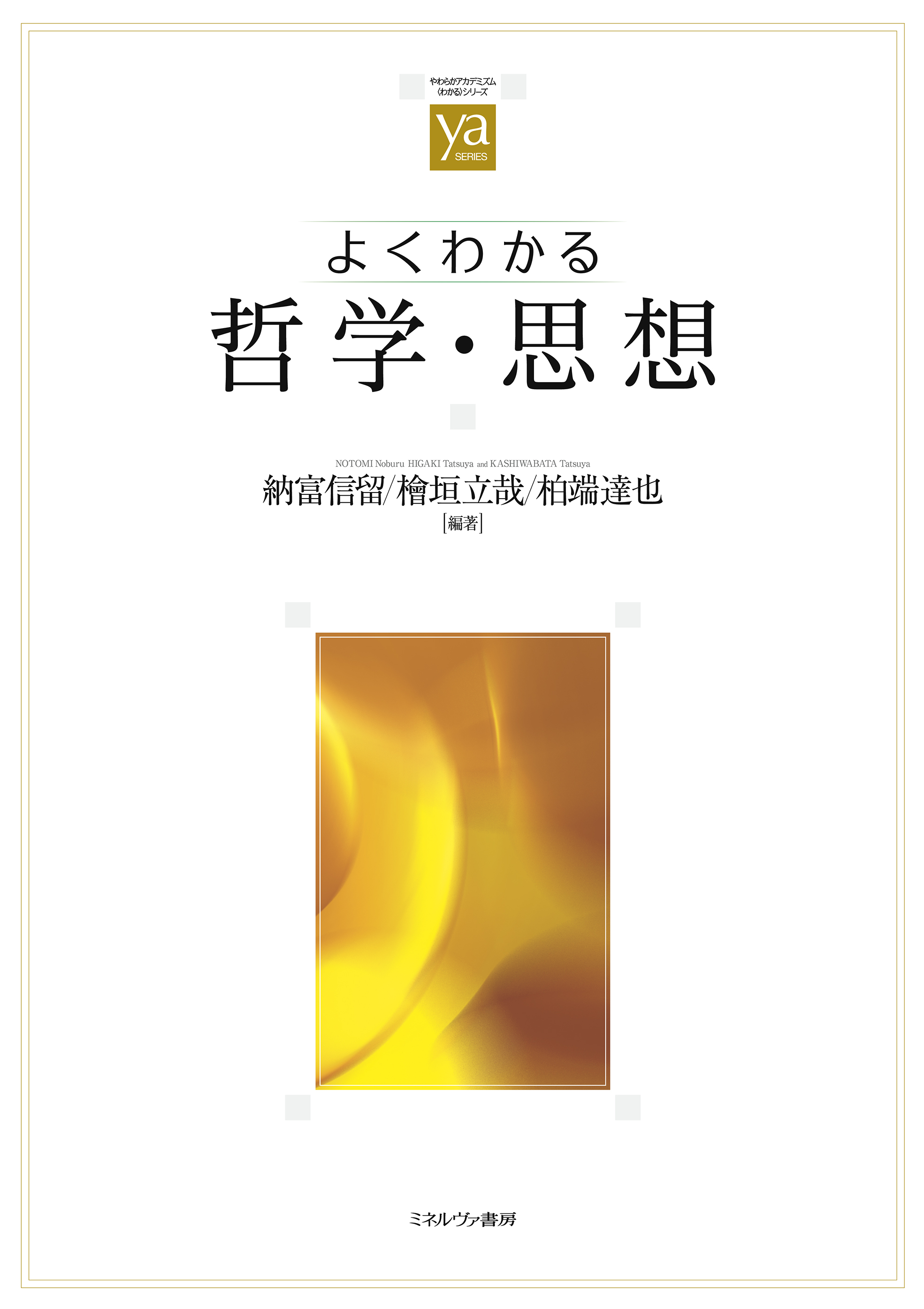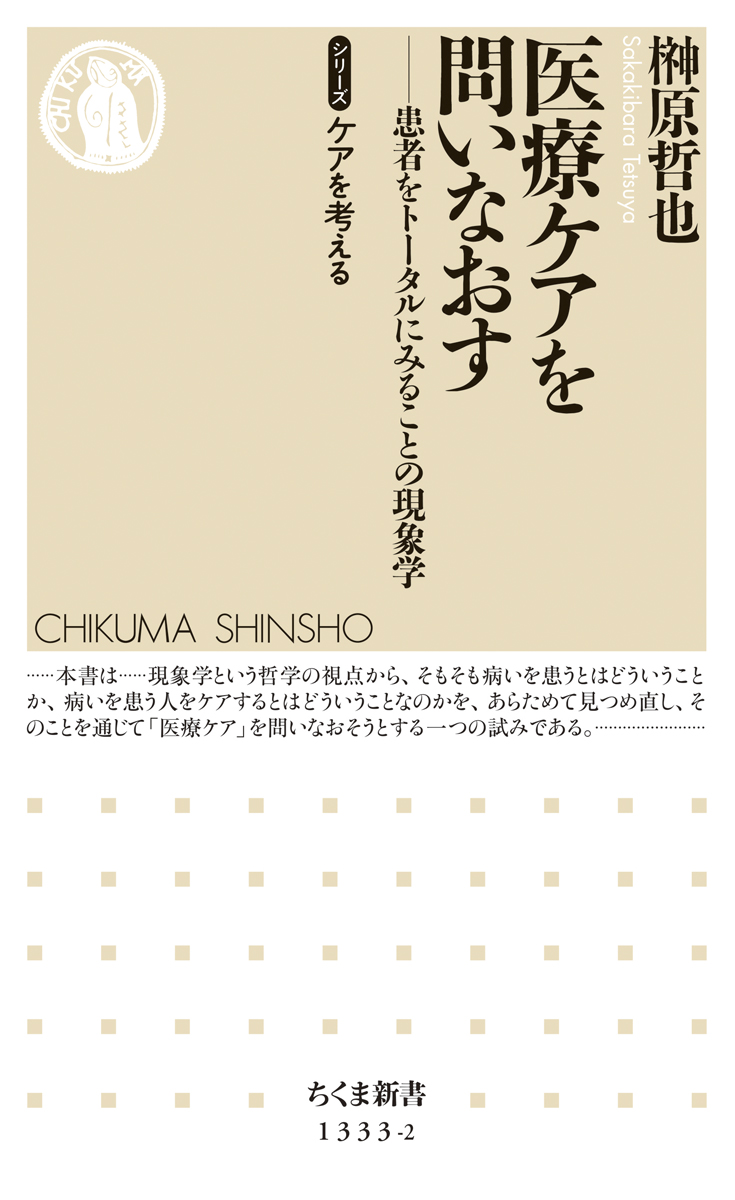
Title
Chikuma-Shinsho: Considering Care Iryō-care o Toinaosu (Rethinking Healthcare - The Phenomenology of Seeing Patients Holistically)
Size
224 pages, paperback pocket edition
Language
Japanese
Released
July 05, 2018
ISBN
978-4-480-07158-3
Published by
Chikumashobo
Book Info
See Book Availability at Library
Japanese Page
Japan is a super-aged society, and it is necessary for society as a whole to change into a “community care society” based on community-based integrated care systems. It goes without saying that healthcare and nursing systems, as well as the legal, economic, and social systems that support them, are important in this respect, but this book is an attempt to fundamentally question from a slightly different perspective—that of “phenomenology”—what “suffering from illness” or “caring for a person suffering from illness” mean in the first place.
“Suffering from illness” refers not only to the physical sickness but to the full physical and mental experience, including the psychological side of things. Accordingly, healthcare that does not see patients holistically, instead of simply examining the physical ailment, will not be sufficient, not amounting to “caring for a person suffering from illness.” Further, with community healthcare, it is extremely important not to simply examine patients in terms of having specific diseases, but to see them holistically within the contextual matrix of their everyday lives, including connections to family and people in the community. Therefore, this book constitutes an attempt to look into the kind of perspective that is needed to see patients holistically, body and mind, to also see them holistically in terms of existing within the context of their everyday lives, and to question the nature of healthcare with the philosophical framework of “phenomenology.”
Chapter 1 introduces phenomenology, starting with a reference to the distinction often used in medical anthropology and nursing science between “disease” and “illness.” In contrast to “disease,” which can be medically understood and diagnosed, “illness” refers to meaningful experience and so cannot be understood in purely medical terms. However, if we do not respond to a patient’s “illness,” we will not have cared for that patient. There is a need, therefore, for a philosophical framework such as phenomenology, which clarifies the structure and genesis of the patient’s “meaningful experience.”
Chapter 2 provides an explanation of the phenomenological philosophical framework to the extent required for the discussion in this book. It looks in particular at the ideas of Edmund Husserl, the founder of phenomenology, as well as of Martin Heidegger and Maurice Merleau-Ponty, who took phenomenology on from Husserl and developed it in original ways.
Chapter 3 sheds light, from a phenomenological perspective, on the differences between the academic medical viewpoint and the viewpoint of patients in their daily lives, informed primarily by S. Kay Toombs’ The Meaning of Illness. A Phenomenological Account of the Different Perspectives of Physician and Patient (which is based on Husserl’s phenomenology).
In Chapter 4, several viewpoints that see the patient holistically are discussed, with specific examples, with reference to what is presented as “the phenomenological view of the person” by Benner—who developed a sophisticated phenomenological theory of nursing based primarily on the phenomenology of Heidegger and Merleau-Ponty—in The Primacy of Caring. Stress and Coping in Health and Illness (Patricia Benner & Judith Wrubel).
Chapter 5 follows a concept of health as “well-being”, which Benner presents as the objective of nursing, and shows that seeing patients holistically achieves such well-being. Doing so encourages a self-awareness of both patients and healthcare professionals as being human, and as being vulnerable colleagues. Furthermore, such self-awareness enables healthcare that faces and stands by patients, and it is shown that such healthcare also leads to well-being for healthcare professionals.
The explanation of phenomenology and the discussion of Benner and Wrubel’s phenomenological view of the person and nursing theory in this book is based on over 15 years’ experience of interactions between the author and healthcare professionals, focusing on nursing. As such, it is thought to be unique in that it is written for healthcare professionals and general readers by a philosophy (phenomenology) researcher.
(Written by SAKAKIBARA Tetsuya, Professor, Graduate School of Humanities and Sociology / 2019)



 Find a book
Find a book


